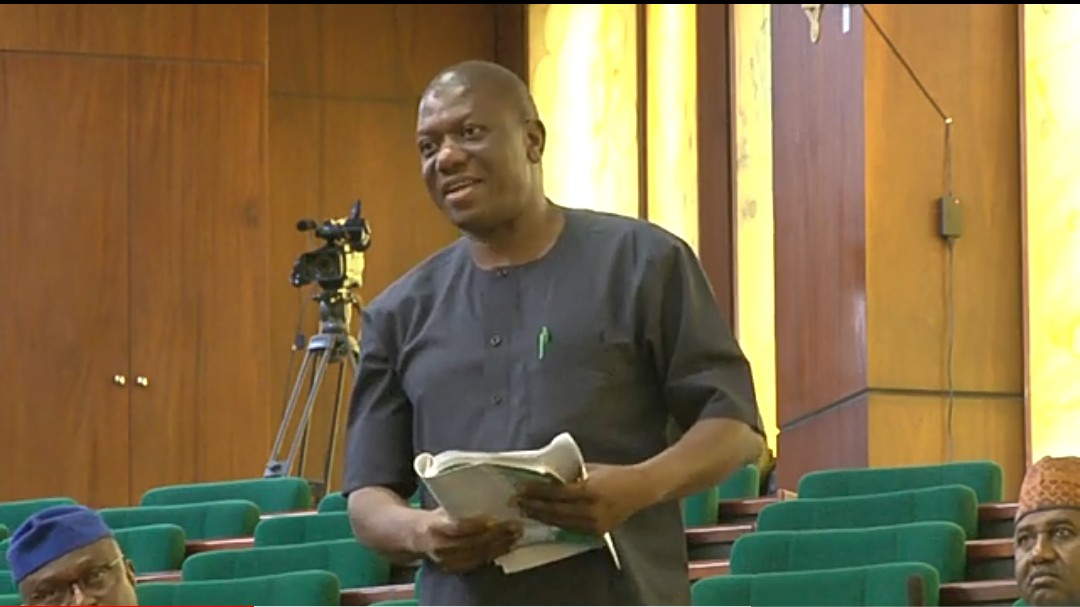
“The power of memories resonate our childhood challenges, experiences, mistakes, lessons and victories; and in all, we can draw certain critical decisions while connecting our present and future from the past. The overall focal point is either to be ungrateful or appreciate God’s amazing grace and sustainability.” — DSM.
My childhood evokes a myriad of memories, often prompting reflection as an adult. Events and circumstances of the present day inevitably draw comparisons to those formative years, sometimes leading to a nostalgic of longing for the “good old days.” I vividly recall singing the national anthem with unwavering pride and an unyielding belief in a future brimming with promise for the youth. Our innocent pretense as we marched in unison, like soldiers on parade, filled us with unadulterated joy. “I remember when I was a soldier,” we’d proclaim, the thrill stemming not from the fabrication itself but from the sheer bliss of our carefree camaraderie. Freedom of expression reigned supreme, yet within that liberty, respect for our elders, cultural heritage and communal connectedness remained deeply ingrained and inviolable. If an uncle disciplined us for any transgression, we dared not breathe a word of it to our parents. In certain instances, we even pleaded for the matter to remain solely between us and our disciplinarian, knowing that parental involvement would only amplify the consequences. Our innocence fostered a fierce pride in our family’s reputation. We were constantly reminded that a good name held more value than material wealth. It was an era of pure, unadulterated joy and boastful tales, where even the simplest of meals, perhaps lacking meat, would be embellished in our conversations with friends, and our mothers’ culinary skills elevated to the best legendary status. Every mother was an angel, while our fathers commanded respect as the undisputed heads of the household. For children deemed to be “Olodos,” or academically challenged, a familiar remedy awaited: the dreaded summons by our teachers for a flogging session due to a failure on any test or examination.
To mitigate the impending discomfort, we would ingeniously line our pants with extra shorts. Sometimes, we can even resort to padding ourselves with notebooks. We believed in ourselves being invincible, like Hercules that could endure our teachers flogging trials. However, our teachers, wise to our tactics, soon adapted, targeting our bare hands or backs instead. During those formative years, any misbehavior at home would be met with a stern parental warning: the threat of the intervention by a notorious disciplinarian teacher or, more intimidatingly, a police officer. Such admonishments would swiftly bring us to our senses and heels, and our tears hastily wiped away to avoid an imaginary punishments. I distinctly remember my first day in school. My uncle, late Mazi Okocha (Okokondem), a teacher at the time, chased me down our usual path to the stream. Upon catching me, he enlisted the help of fellow teachers, late Mazi Okorie (Mbororo), and late Mazi Iruke (Oyibo), and I was promptly enrolled, my parents’ opinion on the matter was irrelevant. I had reached the age deemed appropriate for education, and the entire community, teachers and elders alike, shared the collective responsibility of ensuring my attendance. Our upbringing was a communal effort, with every elder playing a role in shaping our moral compass. Moral standards and values were crystal clear, and obedience to elders, teachers, religious leaders and community norms was non-negotiable and sacrosant. Today, however, those same principles have undergone a significant transformation. There exists a stark contrast between how morality was perceived and practiced during my childhood years and the way it is viewed in the present contemporary society. During my upbringing, soldiers and police officers were highly respected figures, embodying service and integrity. Today, however, their loyalty seems to lean more towards individuals and political affiliations rather than national ideological duty and interest. Similarly, the justice system held a position of impartiality, with judges receiving universal and revered respect. Currently, justice appears to be influenced by external factors, creating a two-tiered system. It seems that different laws exist for the affluent and the underprivileged, leading to disparities in sentencing and legal outcomes. Journalism, once a noble profession, has also been negatively impacted. It appears that financial incentives and sensationalism have, at times, overshadowed the basic investigative ethical reporting. Growing up, respect for certain authority figures, such as our parents, government institutional laws, regulations, teachers, and community leaders, was paramount. This deference fostered a sense of community over individualism.
Life was characterized by simplicity, contentment, and strong family values and bondings. Respect for elders, marital fidelity, and filial piety were deeply ingrained in the social fabric. Moral education was seamlessly integrated into childhood tutoring curriculum through storytelling. Proverbs and folktales conveyed moral lessons, shaping our understanding of right and wrong. In the past, moral living standards and values were deeply rooted in families, traditional norms, cultural heritage, religious beliefs, and community laws. This foundation provided a strong sense of shared morality adherence and responsibility. In contrast, the present contemporary moral standards and values have undergone a significant transformation, and unfortunately, severe moral decadence and modern capitalist vogues. While my upbringing emphasized traditional values, community unity, and a simple lifestyle, modern society often prioritizes individualism, materialism, and personal rights. Recognizing these shifts is crucial for us to navigate into the complexities of the modern days morality experiences. This sharp contrast becomes the crystal model for us to understand that, the modernisation of the world has a lot of challenges that have allowed us to thoughtfully consider how to cultivate a more harmonious and morally sound society. In conclusion, we must reflect, and thoroughly understand that great societies are not built by vogues, but by a conscious blend of both the traditional values and modern science and principles. Ignoring any side of the coin means the acceptance of the moral decline and the humanity’s bankruptcy insights. As we muse on the scale of balance, don’t forget that I come in PEACE.
Dr. Sunny Oby Maduka (DSM), is an Author, Resource Personality, Management Consultant/Trainer, Chartered/Certified -Auditor/ Accountant, Financial Compliance Expert, Economic/Political Analyst Strategist, Marine Expert and Motivationist)




 2 weeks ago
16
2 weeks ago
16








 English (US) ·
English (US) ·